Docudrama script writers must be giddy at the “Succession”-esque tale unfolding at TuSimple Holdings. Just a year ago it leapfrogged the competition by demonstrating an 80-mile driverless truck pilot on a U.S. public highway.
TuSimple repeated the technological feat, several times early in 2022. But then it gave way to repeated capriciousness that erased 95% of the company’s stock value. Could TuSimple be ripe for a takeover or sale to private equity? Consider:
- The surprise succession of co-founder Xiaodi Hou to CEO in March that ousted CEO Cheng Lu and led the majority of senior leaders to leave the company in the months following.
- A crash of one of its driver-supervised autonomous trucks in April.
- The sudden firing of Hou as CEO by four independent directors in October.
- The rehiring of Lu as CEO and the firing of the same independent directors by the co-founders in November.
- The breakup of a 2 ½-year manufacturing partnership with Navistar in December
- The layoffs of 350 employees — 25% of its workforce — four days before Christmas.
There was more intrigue, enough for multiple episodes. But you get the idea.
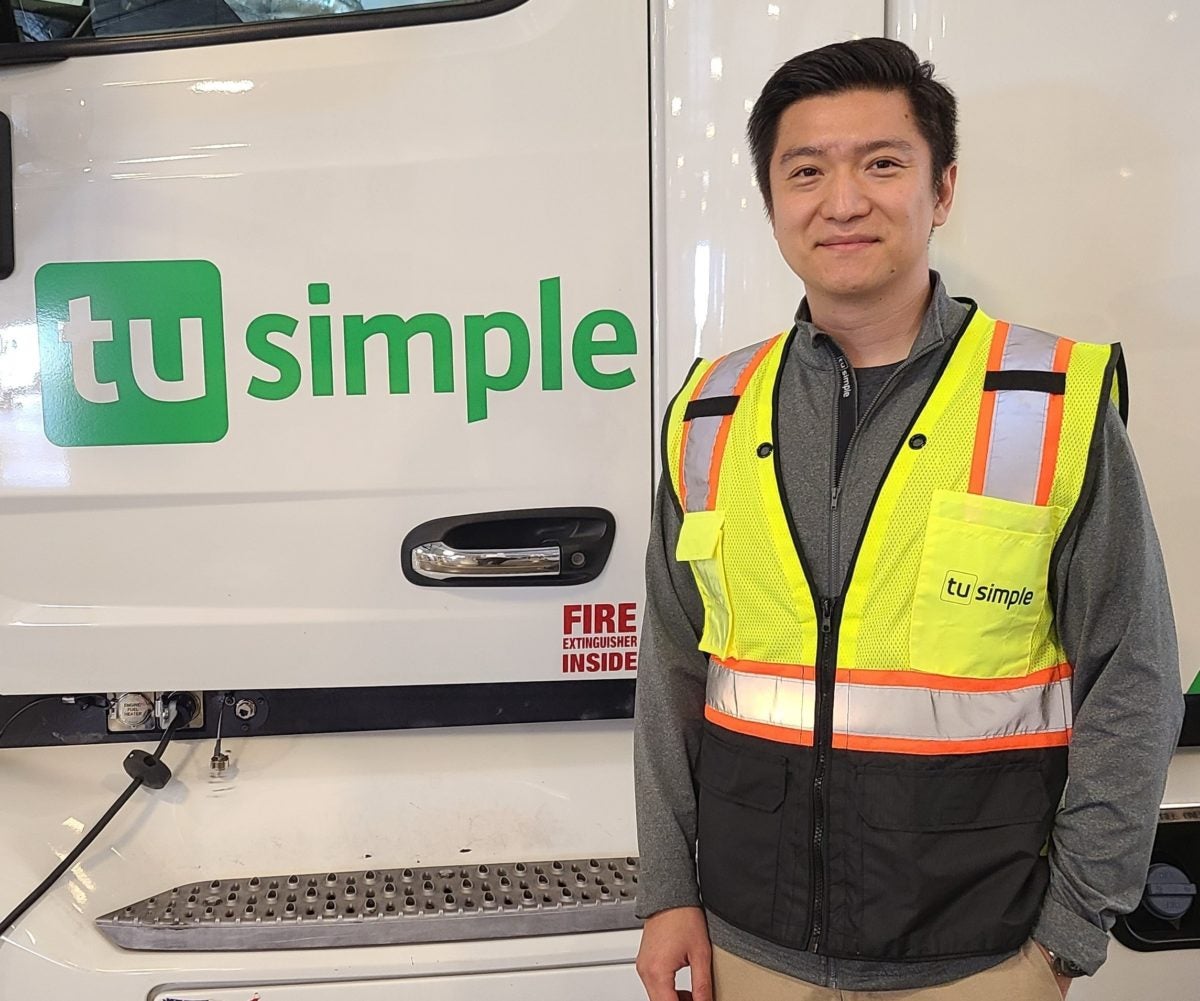
Ugly financial transparency
The other major players seeking to commercialize heavy-duty autonomous trucking struggled financially as markets plummeted and the easy-money sponsorship of special purpose acquisition companies that brought them public ran out.
With its shares trading below $1 on the Nasdaq, Embark Trucks had to conduct a reverse stock split, issuing one new share of stock for 20 original common shares to meet Nasdaq rules. Aurora Innovation erased $1 billion in goodwill — the difference between the amount the company valued its equity and the book value of the stock — from its balance sheet.
Privately held Kodiak Robotics, Waymo Via, Plus and autonomous platooning startup Locomation do not share their finances. Likewise for Torc Robotics, the independent subsidiary of Daimler Truck.
Nascent industry moves toward commercialization
Despite tough financial circumstances, autonomous trucking players progressed during the year, showing advancements such as test driving in snowy conditions, dealing with a tire blowout and pulling over for a safety inspection.

Eventual commercialization efforts focused on sunnier climes in the southern third of the country where weather poses less of a challenge for the sophisticated electronics and computers that enable robot trucks.
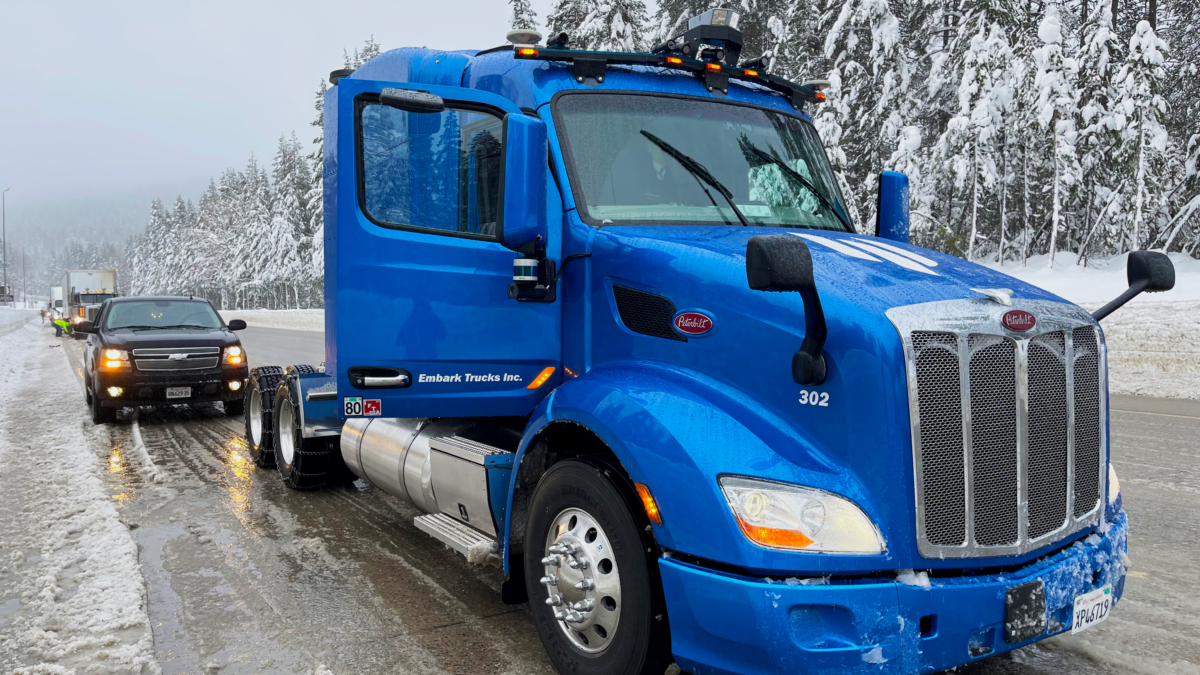
Kodiak and Aurora began driver-supervised autonomous pilots on freight-dense routes from Atlanta to Dallas and from the Dallas Metroplex to El Paso, Texas. Embark handed off selected features of its Embark Universal Interface Driver to Knight-Swift Transportation, the first time carrier drivers are being trained to get behind the wheel of autonomous trucks.
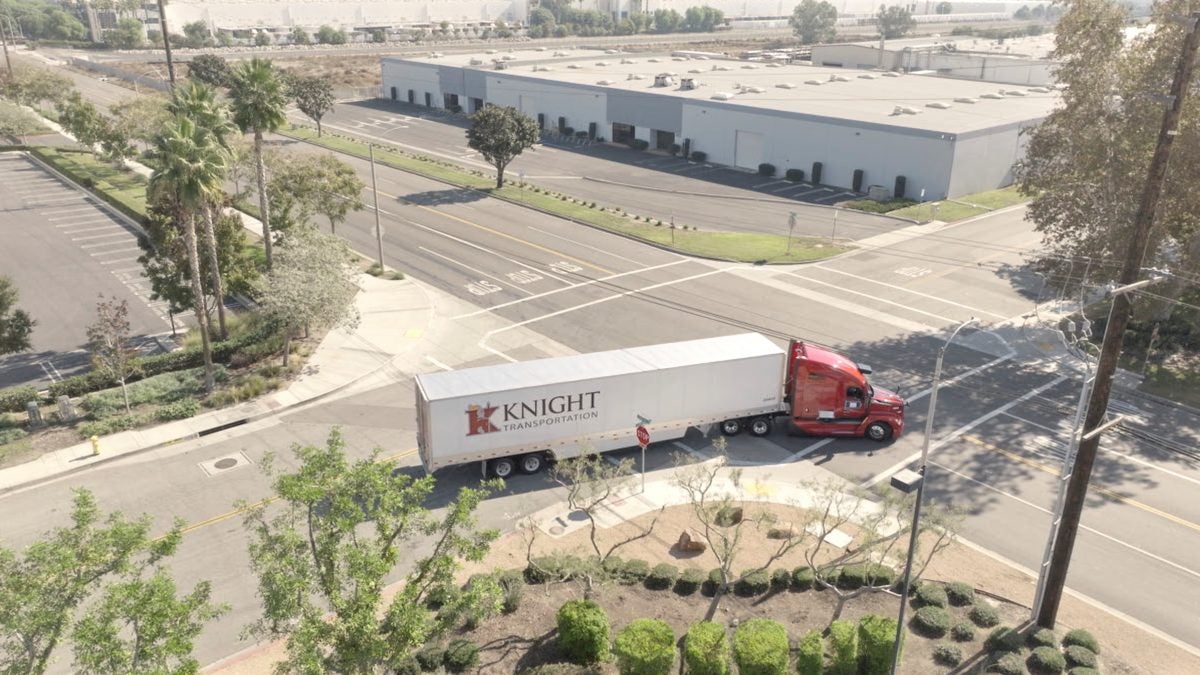
“I don’t know if it’s strictly necessary for that to happen because ultimately we want to get to a driverless future,” Kodiak co-founder and CEO Don Burnette told FreightWaves in September. “We have to build that system. When we can pull the driver, then obviously we won’t have to talk about who the driver is employed by.”
Autonomous partnerships flourish
Autonomous trucking startups formed alliances across the trucking ecosystem. U.S. Xpress has third-party freight hauling pilots with TuSimple, Embark, Kodiak and Aurora. Serial technology tester Werner Enterprises is helping Aurora and Kodiak gather autonomous data.
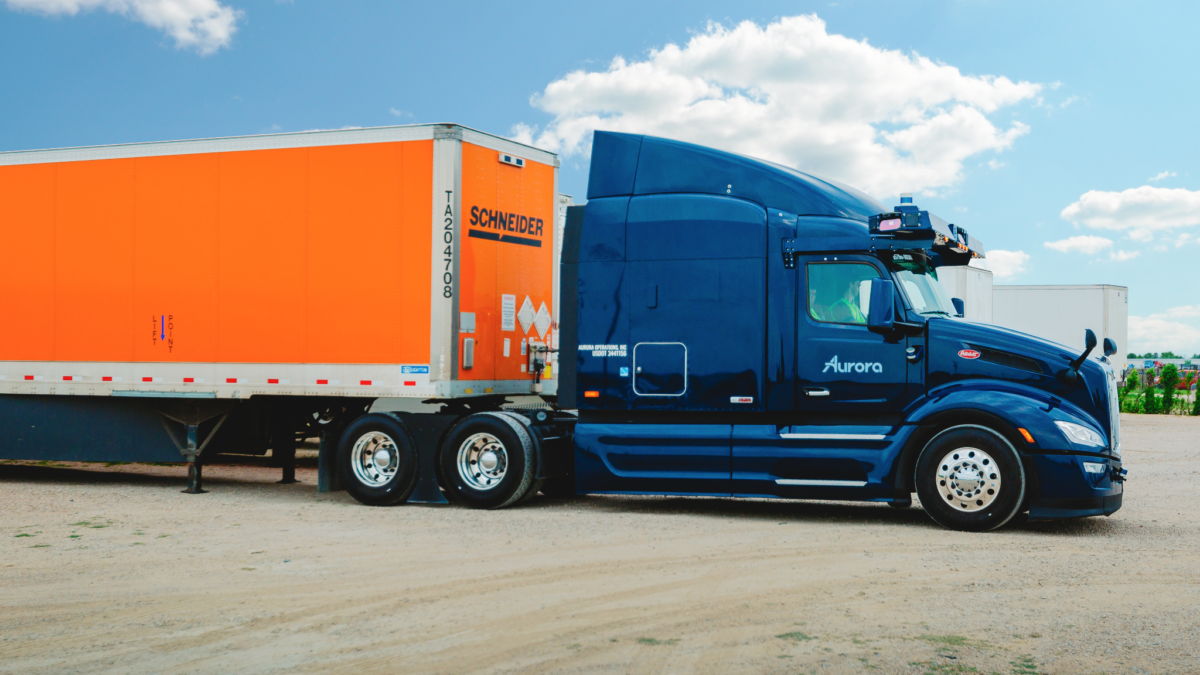
Kodiak aligned with Pilot Co. on development of a highway-adjacent autonomous trucking hub in Atlanta that could lead to more such installations. Kodiak disclosed that Pilot led its $125 million Series B capital raise in November 2021.
Few companies proved busier in the autonomous support space than Ryder System Inc. In addition to investing in autonomous middle-mile delivery startup Gatik, Ryder partners with TuSimple, Aurora, Embark and Waymo.
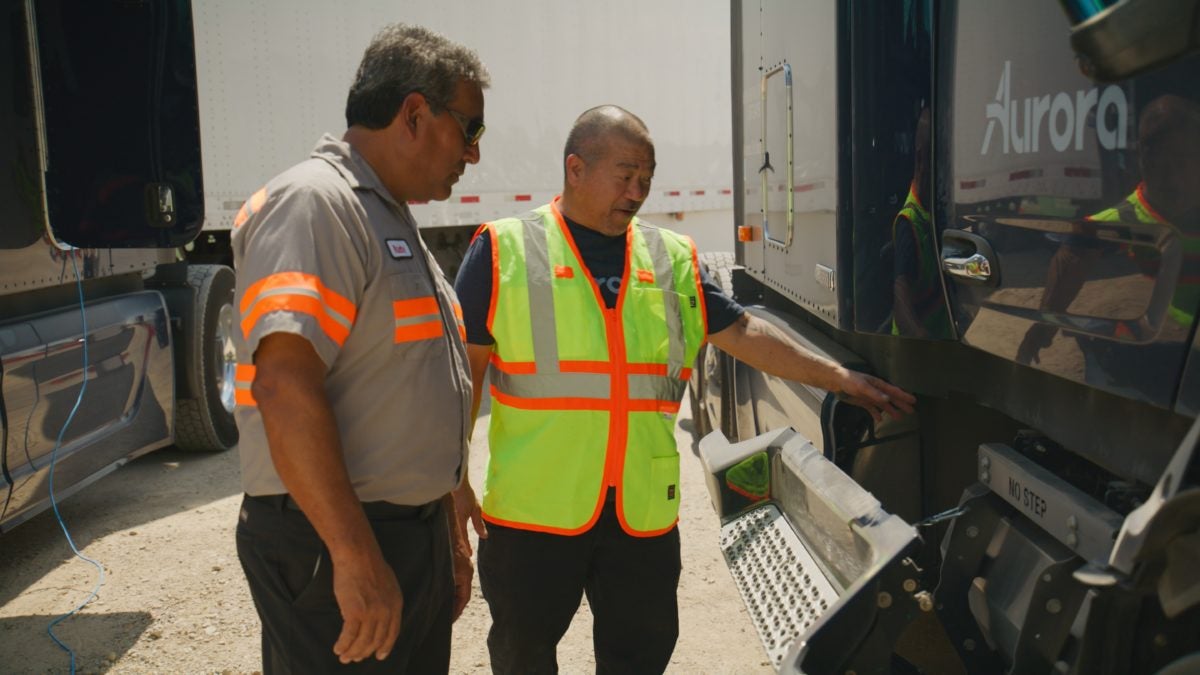
“What they’re really good at is the tech. What they’re not really good at, unfortunately, or maybe fortunately for us, is the servicing of these vehicles,” Karen Jones, Ryder executive vice president and chief marketing officer, told FreightWaves. “I think they all sort of underestimated what it would take to maintain Class 8 tractors.”
Manufacturing alliances — the haves and have-nots
A key differentiator among autonomous trucking startups is partnerships with truck manufacturers. Those that have them — Waymo and Aurora and Torc — have a leg up in integrating their systems with the redundant steering, braking and electrical power supply being developed by OEMs and Tier 1 suppliers.
“I’m not sure how well understood this point is in the industry, but you simply cannot operate at large scale without a set of partners who know how to build those trucks,” Sterling Anderson, Aurora co-founder and chief product officer, told FreightWaves. “This is why early on we made the investments we did and have the partnerships we’ve got with Paccar and with Volvo.”
But it doesn’t prevent a competitor, such as Embark, from working with a fleet customer to layer its autonomous system on a vehicle platform developed for a partner. That’s what it did with a Kenworth T680 from Paccar.
‘95% of the way to plug and play’
“This is 95% of the way to plug and play,” said Sam Abuelsamid, principal analyst for Guidehouse Insights and a trained engineer. “OEMs are free to sell their platform to any ADS [autonomous driving system]. The platforms being designed are largely the same across all the automakers.”
That started with autonomous ride-hailing vehicles in the past decade. Chrysler initially provided minivans to Waymo engineered to accommodate its autonomous system. Now those basic building blocks are available for anyone. Toyota did the same with its Sienna minivan.
The most apt comparison is in truck engines. The industry buys and installs engines from Cummins Inc. and builds their own powertrains, allowing customers to choose. Daimler’s redundant chassis will be used by Waymo and Torc. Paccar and Volvo Trucks both work with Aurora.
The first manufacturer-autonomous startup partnership — between TuSimple and Navistar — has gone kaput, one of the casualties of TuSimple’s myriad problems.
Related articles:
Robot trucks get their own safety inspection treatment
Pilot Co. invests in Kodiak Robotics to develop autonomous trucking hub
When the rubber meets the road, how will autonomous trucks handle blowouts?







